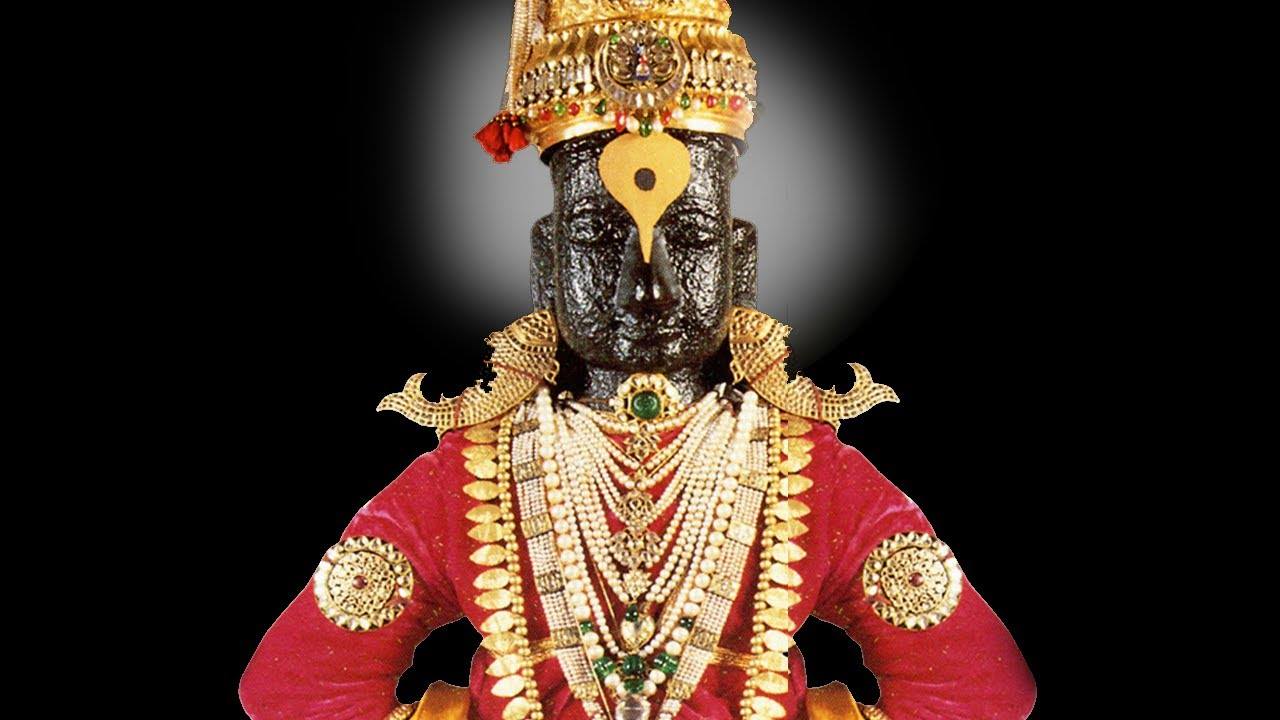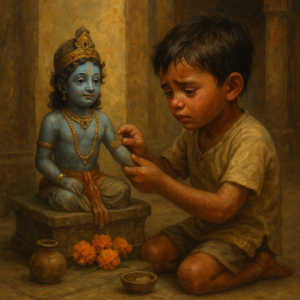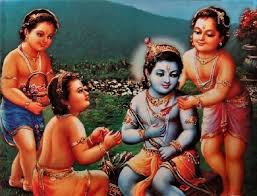Introduction to Yoga Paramananda
Yoga Paramananda was a great devotee of Lord Panduranga, residing on the banks of the Chandra Bhaga river in Pandharpur. Each day, he devoted himself to reciting the 700 verses of the Bhagavad Gita by the riverbank, concluding each verse with “Om Pandurangaya namah” and prostrating on the sand. His devotion was unwavering and consistent.
The Rainy Day Visitor
One day, a heavy rainstorm swept through the town. A shawl merchant, seeking shelter to protect his valuable goods from the rain, knocked on various doors but found no place willing to accommodate him. Finally, he reached the humble dwelling of Yoga Paramananda. Without hesitation, Yoga Paramananda welcomed the merchant into his modest hut. Despite the hut being damp, Yoga Paramananda offered the only dry corner to the merchant and chose to sleep on the wet floor himself, prioritizing the merchant’s comfort over his own.
The Merchant’s Gratitude
The next morning, the merchant, grateful for the kindness he had received, presented Yoga Paramananda with the most beautiful and expensive shawl he had. Yoga Paramananda accepted the gift graciously and wore it the following morning as he went to recite the Bhagavad Gita by the river.
A Conflict of Devotion
As Yoga Paramananda recited the verses, he became preoccupied with the shawl. He was constantly adjusting it to avoid getting it wet or soiled, which distracted him from his recitation. This deviation from his usual focus on the verses made him feel deeply guilty. To atone for what he perceived as a serious offense, he decided to punish himself by tying himself to a plough and dragging it through the rice fields.
Divine Intervention
While Yoga Paramananda was engaged in his self-imposed penance, a small boy approached and began to untie him from the plough. Yoga Paramananda protested, explaining that he was punishing himself for the offense of being distracted from his devotional practices. The boy then revealed himself to be Lord Panduranga in disguise. He told Yoga Paramananda that as His devotee, Yoga Paramananda’s body belonged to Him and He would not allow any harm to come to it. Overwhelmed by the revelation, Yoga Paramananda fell at the Lord’s feet, seeking forgiveness.
Moral of the Story
The story highlights that true devotion does not go unnoticed by the Lord. According to Bhagavad Gita 9.32, “O son of Kunti, declare it boldly that My devotee never perishes.” This is reflected in Yoga Paramananda’s experience. Despite his perceived lapse, his sincere devotion was safeguarded by the Lord.
Teachings from Srimad Bhagavatam
In Srimad Bhagavatam 1.8.36, it is emphasized that the Lord’s devotees are protected and cherished. Srila Prabhupada explains that while deviations from divine laws result in suffering, practicing bhakti-yoga, which includes nine key processes (hearing, chanting, remembering, serving, worshiping, praying, serving as a friend, surrendering, and complete dedication), leads to relief and divine favor. Such devotion transforms one into a truly learned and enlightened person, aligning with the teachings of the Vedas and Bhagavad Gita.
The story of Yoga Paramananda and the shawl merchant serves as a profound lesson on the nature of genuine devotion and divine grace, illustrating that the Lord’s protection and the value of sincere bhakti are paramount.



